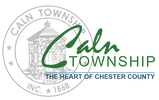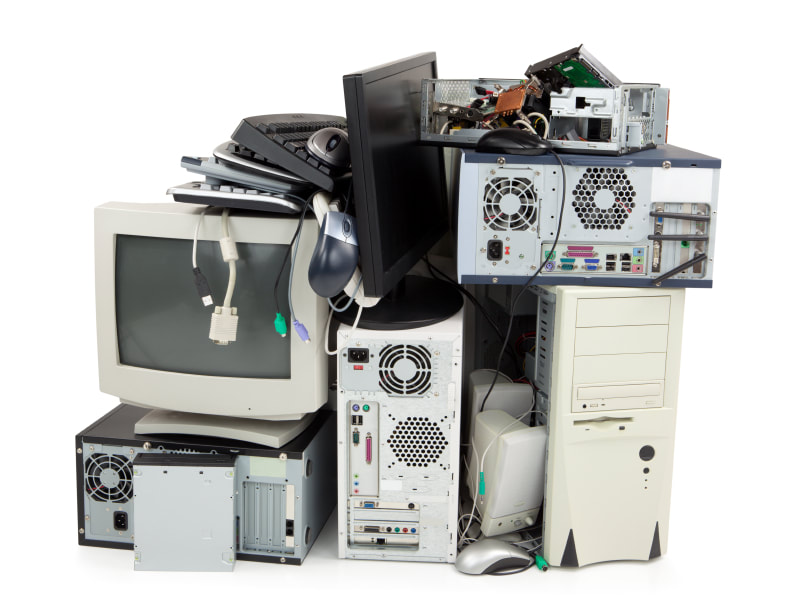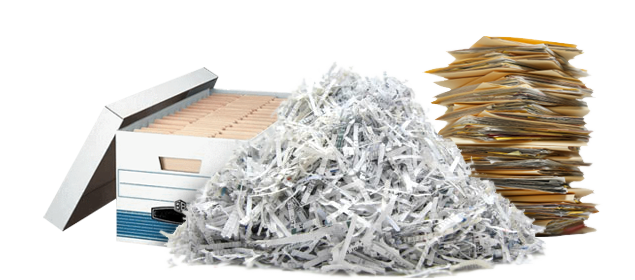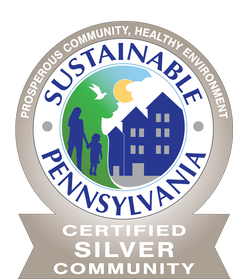These words identify household hazardous waste (HHW), and items marked as such should be disposed of accordingly: Caution, Combustible, Corrosive, Danger, Explosive, Flammable, Hazardous, Poisonous, Reactive, Toxic, Warning For a complete list of accepted HHW items, click here.
HOUSEHOLD HAZARDOUS WASTE DISPOSAL GUIDELINES
- No commercial waste - The county will not accept any commercial or industrial generated hazardous waste.
- No illegal materials - The county will not accept any materials that cannot be legally disposed of at a hazardous waste facility.
- No mixing - Do not mix materials.
- Tighten all lids - If containers are leaking, pack in a larger container with newspaper to soak up the leaks.
- Items must be identifiable - Bring all substances in original containers with labels.
- 25 gallon/220 pound limit - The maximum amount accepted is 25 gallons or 220 pounds. No 25 or 50 gallon drums.
- This collection is not for businesses or contractors.
- NO ELECTRONICS, TV’S OR APPLIANCES WILL BE ACCEPTED. NO ITEMS CONTAINING FREON WILL BE ACCEPTED.
Unacceptable materials include latex paint, used motor oil, tires, asbestos, explosives, gas cylinders, alkaline batteries, PCBs, medical waste, unidentified waste, commercial and industrial, explosives, ammunition and appliances containing Freon.
LATEX PAINT IS NOT HAZARDOUS WASTE! Residents should not bring latex paint to Household Hazardous Waste Collection Events. Solidify latex paint by either air drying small quantities or pouring the paint into a plastic trash bag with sawdust, clay-based kitty litter or rags and placing the bag and the opened can in the trash. Oil-based paint should be brought to a Household Hazardous Waste Collection Event. Alkaline batteries may be put in the trash.
Be prepared to take back your clean corrugated boxes to recycle at your curb and dispose of Styrofoam in the trash.






